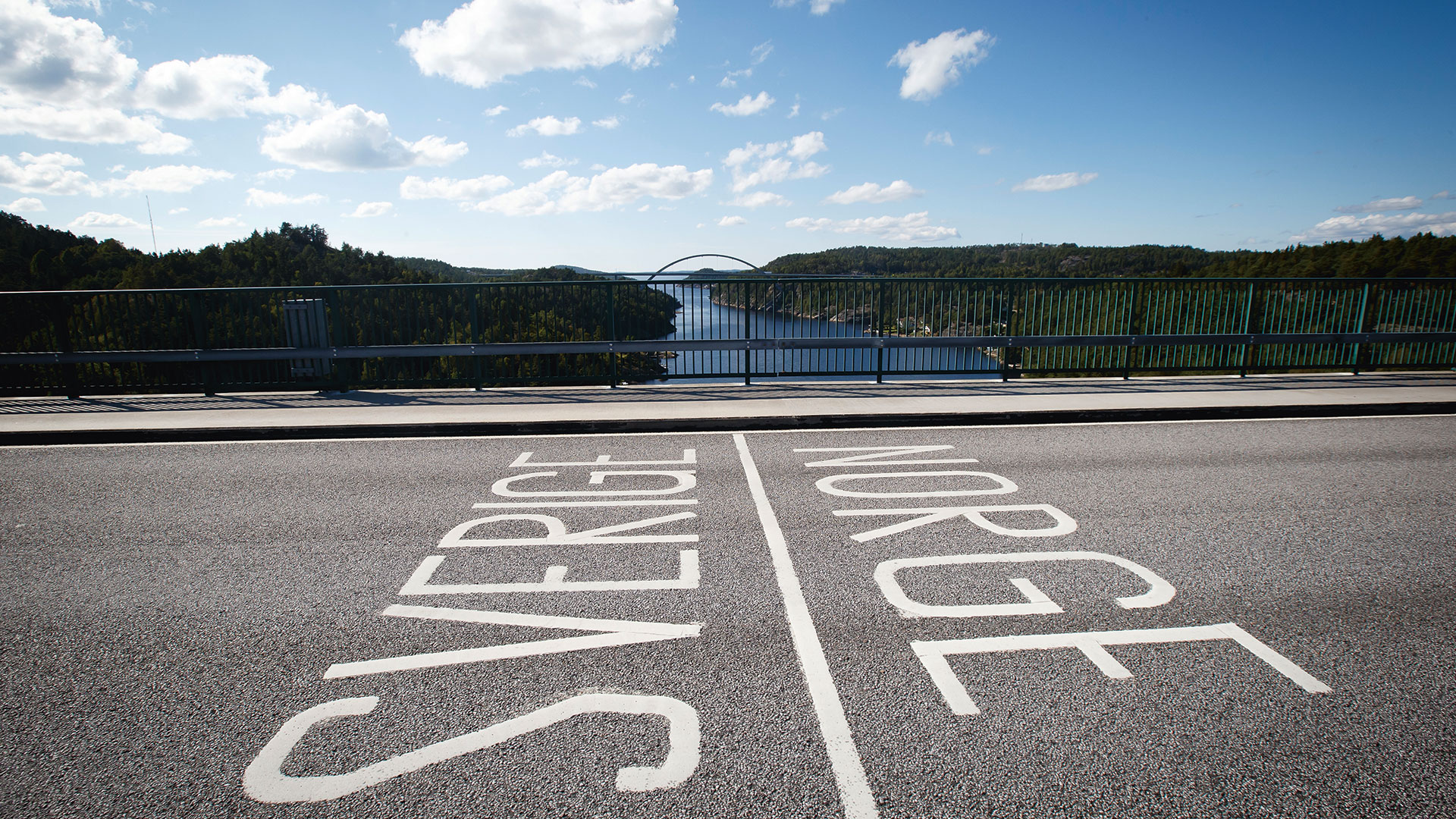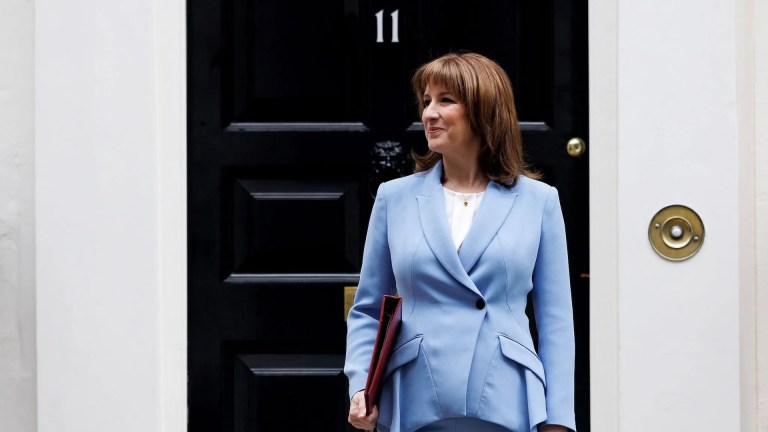But can technology really solve the issue or is it just a fantasy? The answer, as ever, is ‘it’s complicated’. And time is running out.
Can it work?
Lars Karlsson, an expert on smart borders and an author of an EU white paper on the subject, says the technology does exist to support the ambition. But he warns that other conditions, such as a high degree of trust and close alignment in standards, are also essential for frictionless passage.
This was tested for four years,
The currently fractious relationship between the UK and EU means this could be difficult, as could the ability to approve the feasibility of such a system before the UK leaves the EU. The Brexiteer solution also disregards the fact that lorries carrying goods between Sweden and Norway are still subject to border checks.
“The most advanced smart border today is between Sweden and Norway, but this was tested for four years,” he tells The Big Issue. “Technology alone [will not solve the issue]. It’s really about using modern customs techniques and models using what is already possible in the international regulations – including the EU Customs Code – and use technology to support these processes.”
Leaked documents, revealed by The Sun, suggest the government has been working on a technological alternative with Japanese tech firm Fujitsu called a ‘Drive Through Border Concept’. With a solution like the one proposed by Fujitsu, all vehicles would cross the border freely thanks to the licence plate recognition cameras, while those carrying goods would have to register and pay tariffs in advance via an online portal. They would also have their goods checked by officials at either the origin or destination of their delivery, or at dedicated inspection zones either side of the border, such as in Norway and Sweden.
Suspicious vehicles would be flagged using border-controlled GPS tracking technology and ordered to re-route to a border facility for inspection. (So far, so Big Brother). Citizens criss-crossing the border daily would not have to register to cross every time.
Advertising helps fund Big Issue’s mission to end poverty
Karlsson says such a system would address the technology element of a smart border, if not the other elements that would be necessary.
“With some adjustments and linked closer to international customs standards I think that this is the kind of system needed to manage the tech part of a smart border,” he says.
Proponents argue the only new elements needed to implement the system are the plate-recognition cameras. “Only technology can make it possible to leave the backstop and maintain that standard, short of a Brexit so soft it is politically inconceivable,” wrote leading commentator Newton Emerson in The Irish Times.
But others remain unconvinced because of the absence of border checks the tech would allow for, and the proliferation of surveillance infrastructure any such increase in numberplate scanning the solution would herald.
“From a business point of view, it is hard to see how this copes with the need for regulatory checks in relation to the agri-food sector,” the Alliance Party MLA Stephen Farry said.
And that is the view likely to be reiterated by Brussels, if Weyand is anything to go by. “We looked at every border on this Earth, every border the EU has with a third country – there’s simply no way you can do away with checks and control,” she said.
Advertising helps fund Big Issue’s mission to end poverty
Still, the Department for Exiting the European Union is adamant it is keeping the tech option on the table. A spokesperson told The Big Issue: “The idea of alternative arrangements or technological solutions is not new. It’s accepted by the EU and written into the Withdrawal Agreement and Political Declaration.”
Steve McCaskill is a freelance technology and sports writer | @MickeyCaskill
Image: PA









